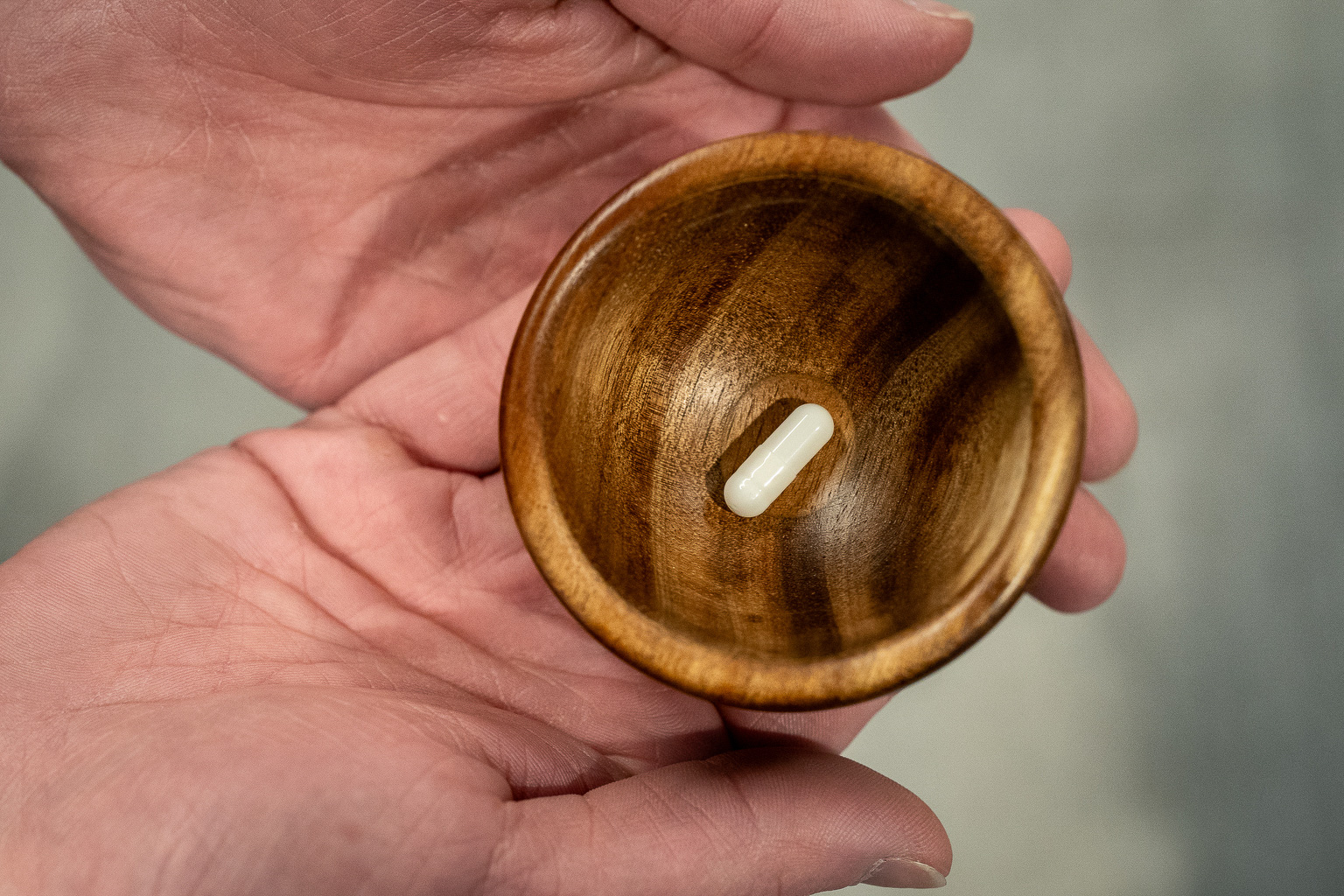 A new study gives support to the idea that parents should give their children more time to do unstructured things, like playing with friends or reading a book. So says a study by the University of Colorado Boulder that looked at 70 children between the ages of 6 and 7.
A new study gives support to the idea that parents should give their children more time to do unstructured things, like playing with friends or reading a book. So says a study by the University of Colorado Boulder that looked at 70 children between the ages of 6 and 7.
The study was published recently in the online journal, "Frontiers in Psychology."
“We found that the more time that kids spend in less structured activities, the better their abilities to set goals for themselves and figure out how to reach them,” says Yuko Munakata, a professor of psychology and neuroscience at CU Boulder.
Munakata defined less structured activities as activities where adults aren’t telling kids what to do and when to do it.
Conversely, Munakata found that kids who do a lot of structured activities -- like piano lessons and soccer practice -- had poorer executive functioning skills, meaning they were less able to set goals and follow through with them.
Executive function skills are important for a child’s academic success and good predictors of outcomes like health, wealth and criminality in adulthood.
The findings add to the ongoing media debate over parenting philosophies with “tiger moms” on one side and more laissez-faire parents on the other. Munakata says she decided to do the study because there’s still not enough scientific evidence to say which approach works best for kids.
“I remember most of my childhood as exploring on my own and I realize I’m raising my own kids in a very different way,” Munakata says. “They’re much more guided in what they do. They’re driven to activities and playdates instead of just roaming the neighborhood.”
The study asked parents to provide detailed information about how their kids spent their time. At the same time, researchers put children through standard cognitive tests to see how they think.
Munakata says it’s still too early to advise parents to change their approach to parenting. She says her next step is to follow kids for longer periods of time to see if the findings hold up.
And while Munakata isn’t ready to give parenting advice, she admits she has changed her own approach. She says she now tries to protect her kids' “down time," when the kids are just playing on their own.









